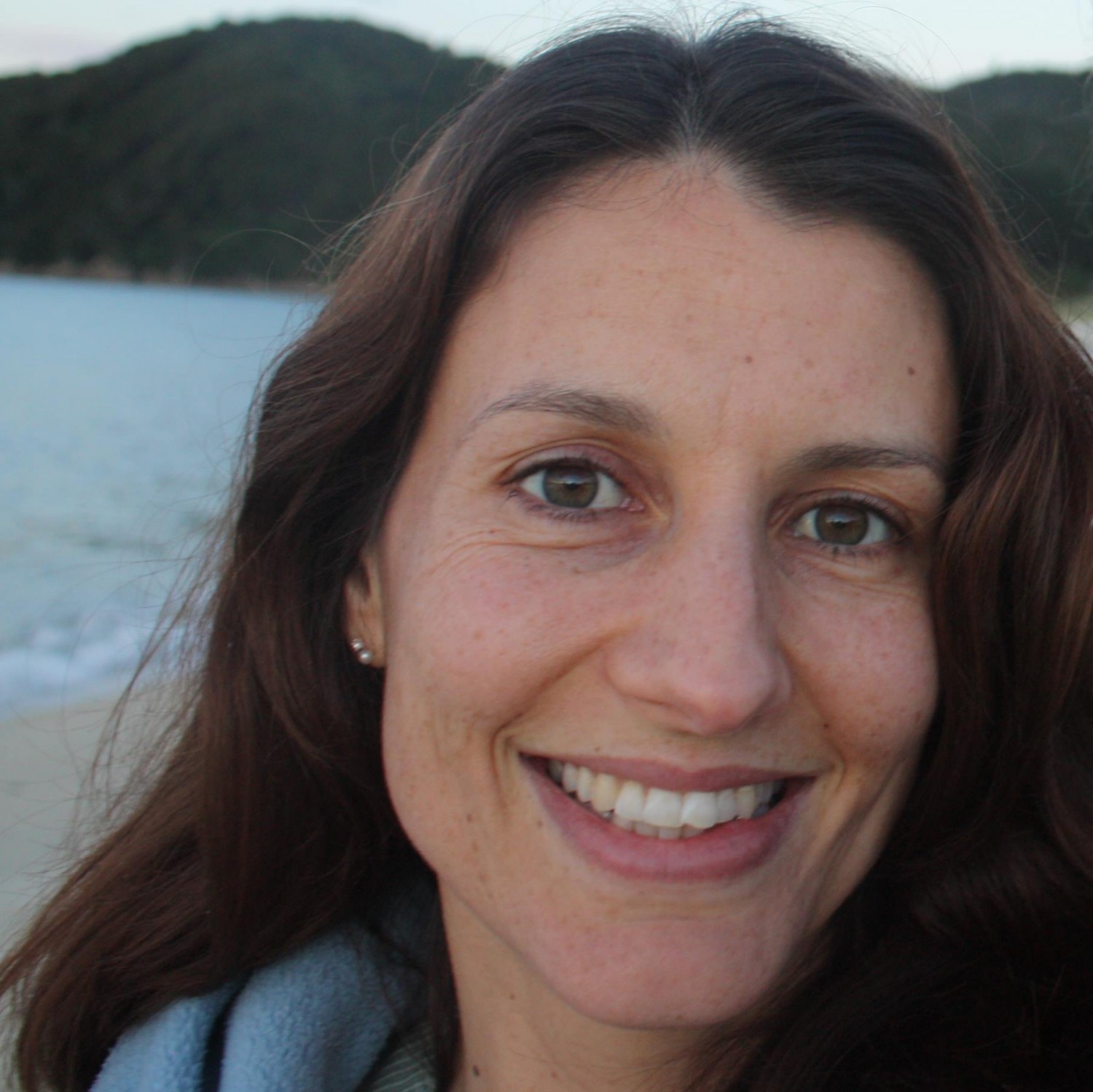The Human Rights Commission, the Voluntary Euthanasia Society of New Zealand and the Care Alliance have been granted leave to intervene on a limited basis in the upcoming case of terminally ill 42-year-old New Zealand lawyer Lecretia Seales, who has petitioned the High Court to uphold her right to die at a time of her choosing with the assistance of a physician. Their intervention will give them the right to present additional evidence to the court, under strict conditions.
The news comes as Lecretia Seales is informed by her oncologist today that her latest course of chemotherapy will not be continued, as it has not been successful. Ms Seales survival expectations have been revised and notwithstanding overseas treatment options she is entering a phase of symptom management and palliative care.
Justice Collins announced his decision via written judgment in Wellington today, stating that:
“I am granting applications made by Care Alliance, The Voluntary Euthanasia Society of New Zealand (Incorporated) (Voluntary Euthanasia) and the Human Rights Commission for leave to intervene in this proceeding. In order to ensure Ms Seales is not unnecessarily burdened by the participation of the interveners, I am placing stringent conditions on the interveners’ participation in this proceeding. I am exercising my discretion to grant the applications primarily because I am satisfied that I may be assisted by the conditional participation of the interveners in reaching my decision in relation to Ms Seales’ application for declarations.”
He also stated:
“The declarations Ms Seales seeks are cast very precisely and are not intended to have a wide application. Nevertheless, the issue of whether or not a person in Ms Seales’ circumstances can be assisted to end her life, or have her health professional deliberately hasten her death raises significant legal and ethical issues that are of intense public importance.”
The conditions are designed to ensure that the interveners’ participation does not cause delay. The interveners are restricted to tight timeframes and must submit their evidence on specific areas which Justice Collins has identified, and within the next two weeks. The interveners will not be permitted to cross-examine any witnesses, and will only be able to make oral submissions at the discretion of the judge, at the time of the hearing. Each intervener is also restricted to written submissions of no more than 6,000 words.
The trial date remains set for the week of May 25th.
Lecretia Seales’ historic case follows a Canadian Supreme Court decision released in February this year in which nine judges unanimously found that Canada’s prohibition against physician assisted dying infringes fundamental human rights. The judgment stated:
The prohibition denies people in this situation the right to make decisions concerning their bodily integrity and medical care.
The New Zealand case comes as a poll was released last week by Research New Zealand showing that 74% of New Zealanders support a law change allowing terminally ill patients in intolerable suffering to request assistance from doctors to end their lives. The poll was conducted over March and April 2015 and has a margin of error of +/- 4.9%.
Seales says: “I am concerned that the applicants were successful, but pleased with the restrictions. My time is limited, and additional legal counsel and evidence that is not relevant to my circumstances risk lengthening my hearing, and the risk that I will not be alive to receive a judgment. I believe that the applicants have a right to share their points of view, but I would prefer they did not do so as part of my hearing. Nevertheless, I believe Justice Collins’ judgment is a fair one.”
“I absolutely intend to encourage a conversation about euthanasia and assisted death within New Zealand, however the courtroom is not the place for that wider debate. This case is about my circumstances and my circumstances only. The debate should be held across the road from the High Court, at the House of Parliament in the debating chamber, by our politicians, where all affected parties can be represented and have their views heard.”
“I am seeking a clarification of the law in my circumstances. On this issue my lawyers and I believe the law is unclear.”
“Should my case encourage a parliamentary review of the relevant sections of the Crimes Act or the Bill of Rights, there will be time for all interested parties, including the interveners, to be heard in full as part of the legislative process. I would welcome such a review as I believe this is a choice that should be made available to all New Zealanders who are suffering from painful, incurable illnesses, without needing to follow my example of going through the courts. And as a recent poll has shown, the public overwhelmingly agrees.”
Seales and her husband are documenting her case and her illness on her blog and Facebook page.
http://facebook.com/
For health reasons, Ms Seales is not available for interviews with the media at this time.
Ends
